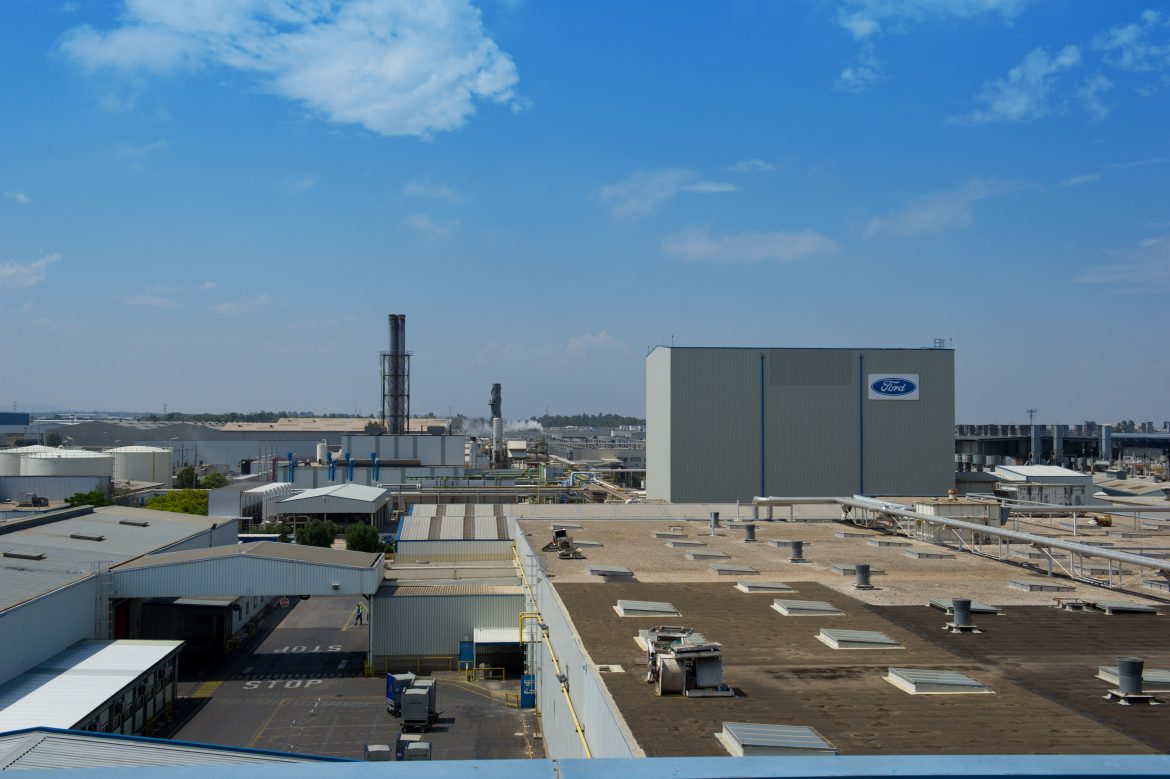Car giant Ford has once again ignited anxieties among its Spanish workforce with the announcement of potential job cuts at its Valencia assembly plant. The news, revealed on Wednesday, outlines plans to eliminate up to 1,600 positions, a significant addition to the 1,100 staff reductions announced in 2023. This latest move throws the future of the plant and its nearly 4,700 employees into uncertainty.
The proposed cuts come in two phases. The first involves the permanent elimination of 600 jobs, a harsh reality for those directly affected. However, a ray of hope exists for an additional 1,000 workers who may face temporary layoffs or furloughs. Ford has indicated a willingness to negotiate the rehiring of these workers in 2027, coinciding with the planned production ramp-up of a new hybrid car at the Valencia facility.
“A temporary solution could be negotiated for (the other) 1,000 to bridge the time until production of the new vehicle starts,” explained a Ford spokesperson in Spain. This new hybrid vehicle represents a potential turning point for the plant. Slated for production in 2027, the car is envisioned as a major player in the European and international markets, with an ambitious production target of 300,000 units annually according to the Spanish Industry Ministry.
The Valencia plant’s current operations focus solely on the Kuga compact SUV, having phased out production of other models in recent years. This latest announcement marks the second significant workforce reduction at the facility within a two-year period, raising concerns about the long-term sustainability of the plant and its impact on the local economy.
The spectre of job cuts has understandably triggered anxieties among workers and Spanish government officials. While the prospect of a new hybrid vehicle offers a glimmer of hope for the future, the immediate consequences of these potential job cuts will be severe for the affected workers and their families. Negotiations regarding the temporary layoffs will be critical in determining the ultimate impact on the workforce.
Spanish government officials are likely to scrutinise Ford’s plans closely, ensuring a fair and transparent process for those facing job losses. Additionally, they will undoubtedly push for guarantees regarding the future of the plant and its workforce, particularly considering the significant economic impact it has on the Valencia region.
The situation at the Valencia plant underscores the ongoing challenges faced by the automotive industry, particularly in the midst of a global shift towards electric vehicles. Ford’s restructuring efforts in Spain highlight the need for a clear and sustainable long-term plan that prioritises the well-being of its workforce while ensuring the competitiveness of its manufacturing facilities. As negotiations unfold in the coming months, all parties involved will have a crucial role to play in shaping a secure future for the Valencia plant and its employees.



